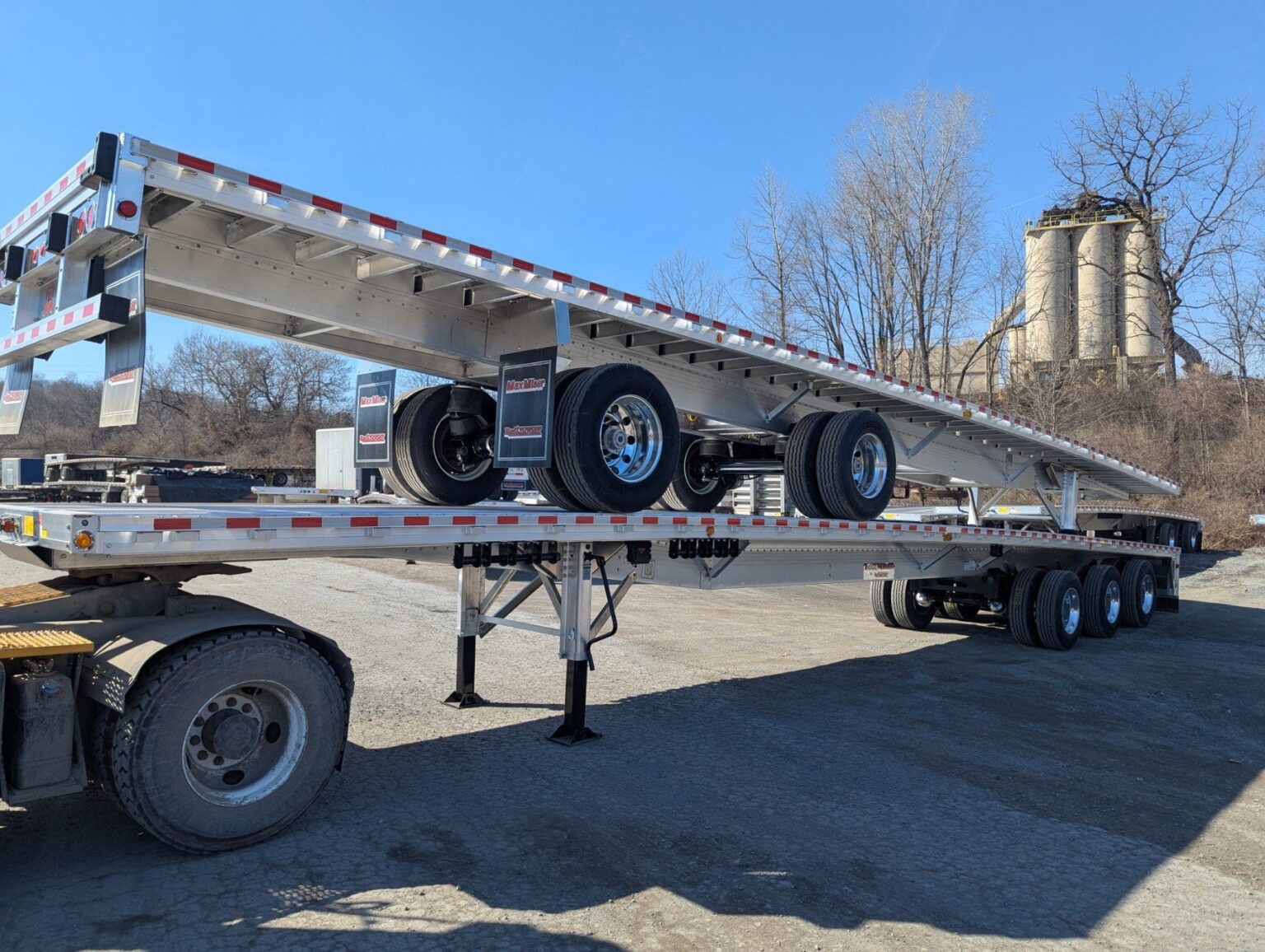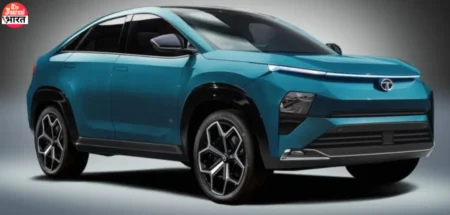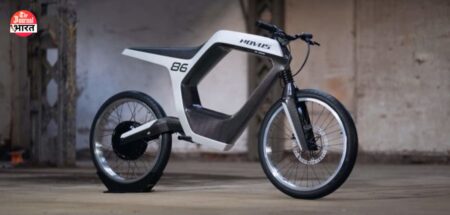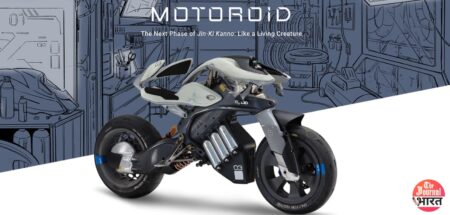When it comes to commercial hauling, selecting the right trailer can significantly impact your operation’s efficiency and profitability. Two of the most common options for transporting freight are flatbed trailers and enclosed trailers. Each has its unique benefits and drawbacks, so understanding how they compare will help you decide which is best for your business.
Load Flexibility
Flatbed Trailers:
Flatbed trailers are known for their versatility. With no walls or roof, they make it easy to load and unload cargo from any side—perfect for oversized loads, construction materials, heavy machinery, and equipment that simply won’t fit inside a closed trailer. If your business often handles awkwardly shaped items or cargo that needs to be craned or forklifted from the side, a flatbed trailer gives you the ultimate flexibility.
Enclosed Trailers:
Enclosed trailers, on the other hand, have fixed walls and a roof. They’re ideal for palletized goods, boxed items, electronics, furniture, and any other items that benefit from extra security and weather protection. However, their rigid structure can make loading large or irregular cargo more difficult.
Weather Protection
Flatbed Trailers:
One of the few downsides to a flatbed trailer is its exposure to the elements. Rain, snow, and road debris are constant threats, so loads often require tarping for protection. For certain types of freight—such as steel beams, pipes, or equipment—this isn’t a deal-breaker. But sensitive goods may require more coverage than a flatbed can offer.
Enclosed Trailers:
If your cargo needs to stay dry, clean, and secure, enclosed trailers offer maximum protection from weather, dust, and theft. This makes them popular in the moving industry, for electronics transport, and for shipments that travel long distances across varying climates.
Cost and Maintenance
Flatbed Trailers:
Generally, flatbed trailers are less expensive to purchase and maintain than enclosed trailers. With fewer moving parts and no panels or roofs to repair, maintenance is typically simpler and less costly. Additionally, loading and unloading are faster, which can lower labor costs.
Enclosed Trailers:
Enclosed trailers cost more upfront and may incur higher maintenance costs over time due to the wear and tear on their doors, latches, panels, and other hardware. However, they can reduce the risk of damage or theft, potentially lowering insurance premiums for high-value cargo.
Use Cases
When to Choose a Flatbed Trailer:
- Hauling construction materials (lumber, steel, pipes)
- Shipping heavy machinery or vehicles
- Transporting oversized or oddly shaped equipment
- When fast, flexible loading is essential
When to Choose an Enclosed Trailer:
- Moving goods that require complete weather protection
- Transporting electronics, furniture, or fragile items
- Shipping high-value products over long distances
- When security is a top priority
Which Is Right for You?
The best choice depends on what you haul, how often you haul it, and what matters most—speed, flexibility, protection, or security. For businesses that value versatility and efficiency, a flatbed trailer is often the clear winner. Its open design adapts to a wide range of cargo types and offers straightforward loading solutions for jobs that enclosed trailers simply can’t handle.
Want to learn more about how a flatbed trailer can help your business? Explore your options here.









